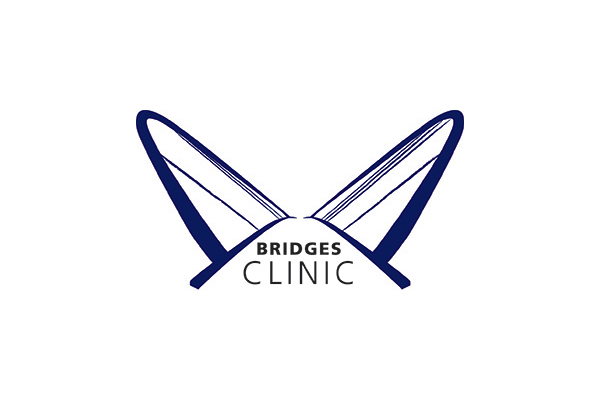Cholesterol plays a vital part in how our body works, but if levels get too high, it increases our risk of heart disease. For most of us, this doesn’t happen until we’re in our 40s, and a common cause is eating too much saturated fat in things like butter, cheese, cakes and pastries.
So there’s a lot we can do to keep the levels under control, and we should all try to have a healthy lifestyle to reduce our risk of heart disease.
But for some people, it’s not just a question of lifestyle and getting older. About one in 250 people has familial hypercholesterolaemia (FH), an inherited condition that means their cholesterol levels are higher than normal from birth. It’s caused by an abnormal gene and, despite it putting people at high risk of early heart disease, most of them don’t even know they have it.
What’s the difference between FH and standard high cholesterol?
Anyone can develop high cholesterol as they age, but FH is a genetic condition, passed on to you by one of your parents. When you have FH, your cholesterol is high from birth, whereas most people’s cholesterol goes up as they get older and they may be 50, 60 or 70 before their cholesterol is considered high enough to increase their risk of heart disease. So it’s not that the cholesterol itself is any different, but that your risk of heart disease is much higher because you’ve had high cholesterol for so much longer. Someone who is 40 with FH could easily have the heart attack risk of a 70 year old.
What problems can Hypercholesterolaemia cause?
If untreated, about 50 per cent of men and 30 per cent of women with Hypercholesterolaemia will develop coronary heart disease by the time they’re 55.
On average in the UK, one person a day with Hypercholesterolaemia has a heart attack. About a third of people don’t survive their first heart attack, and many who do survive will have damaged hearts.
Symptoms
You may not have any signs, as they only happen when you have familial hypercholesterolaemia (FH) for a long time, and some people never get any. The classic signs of FH are lumps and bumps around your knuckles or Achilles tendon (caused by cholesterol deposits), yellow cholesterol build-up around the eyes and eyelids, or a pale ring around the iris of your eye. However, you can also get these last two signs for reasons other than FH.
What can I do?
Whether you have FH or not, it’s important that you eat a healthy balanced diet that is low in saturated fat and includes plenty of fresh fruit and vegetables. Keeping fit and active will also help to keep your heart healthy and it’s essential that you don’t smoke.
If you have FH, a healthy lifestyle alone will not be enough to reduce your cholesterol, so you will also need to take medication.
Can I get tested for it?
Yes, you can be tested. The first step is to go to your doctor to have your cholesterol checked. If a close relative has had a heart attack at a young age (before 55 in a man and before 65 in a woman), then it’s important that you do this.
I’ve been told I have FH – who else needs to be tested?
First-degree relatives (parents, children, brothers and sisters) of someone with FH should be tested. If a relative who is tested does not have FH, there is no need to test their children. If a relative does have FH, their first-degree relatives should also be tested, and so on.
It is important to identify FH as early in life as possible, so that you can get treatment and support. It is particularly important that children – and adults – with FH don’t start smoking, as this has a big impact on their future risk of heart disease.
What does treatment involve?
FH can be easily and effectively treated with a cholesterol-lowering statin. Usually, a high-intensity statin such as atorvastatin or rosuvastatin is needed to bring it down. Sometimes a different cholesterol-lowering drug called ezetimibe is given as well as a statin. Regular follow-up appointments are important, too. Lifestyle changes can also reduce your risk of heart disease.
How is it inherited?
FH is caused by changes in one of three genes. Genes are the DNA instructions that our body uses to tell every cell how things should function.
The genes involved in FH tell the body to produce proteins that are involved in clearing LDL cholesterol – the harmful type of cholesterol – from the bloodstream. So if one of them is faulty, then your body won’t get the correct instructions.
If someone carries a faulty gene – and therefore has FH – then there is a 50:50 chance that they will pass it on to each of their children.
